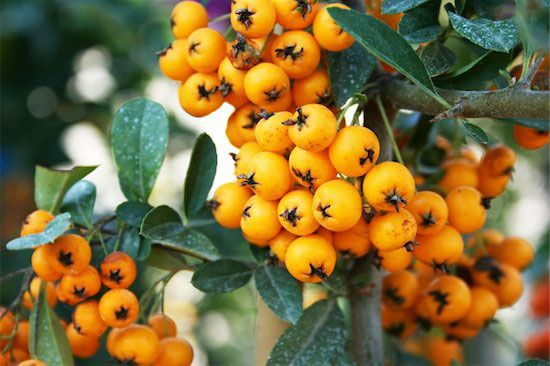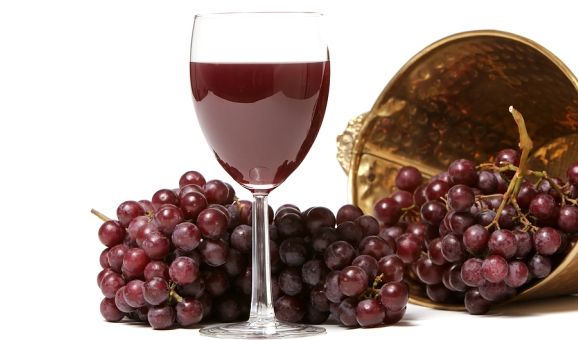
Brain Health Supplements Longevity, Think about two twins who are almost exactly the same. Let’s call her Sarah. She eats healthy foods, takes a few carefully chosen vitamins, and goes for a quick walk every morning. Emily, the other one, sleeps a lot, skips breakfast, and eats whatever snack is handy without planning ahead.
After thirty years, Sarah is still smart, active, and interested in life, while Emily is dealing with early memory loss and brain fog. Genes do play a role, but Sarah’s actions definitely gave her brain a big boost in how well it aged.
Longevity is more than just living longer; it’s also about keeping your mind sharp, your energy up, and your quality of life high as you get older. Supplements are one tool that a lot of people use.
These scientifically proven methods can help stop cognitive loss and improve brain health. But do they work? Let’s take a closer look at how safe and effective these brain boosts really are.
Should you have ever heard fish described as “brain food,” there is strong evidence behind it. Essential for brain operation are omega-3 fatty acids, particularly DHA (docosahexaenoic acid) and EPA (eicosapentaenoic acid). Studies indicate that those who eat more omega-3s typically have improved cognitive ability and a reduced risk of neurodegenerative disorders, including Alzheimer’s.
How could one acquire it? Omega-3s abound in fatty fish, including sardines, mackerel, and salmon. If you dislike seafood, excellent substitutes are high-quality fish oil or supplements based on algae.

Brain function and prevention of cognitive decline depend critically on B vitamins, especially B6, B12, and folate. They lower homocysteine levels, an amino acid connected to a higher dementia risk. Common in older persons and vegetarians, a B12 shortfall can cause memory issues and tiredness.
How to acquire it? Good sources are eggs, leafy greens, and fortified cereals; people with deficits can find use for a B-complex supplement.

Brain Health Supplements Longevity, Although you typically link creatine to muscle-building, this naturally occurring chemical also improves brain function. Creatine plays a crucial role in cognitive function by producing ATP (adenosine triphosphate), which provides cells with their energy. Particularly in older persons and vegetarians (who might obtain less from dietary sources), studies indicate creatine supplementation may increase memory and processing speed.
How can I acquire it? Although red meat and fish provide creatine, a more effective way to guarantee sufficient intake is with daily supplements ranging from 3 to 5 grams.
Popular as a naturally occurring brain enhancer, this shaggy-looking fungus Research on lion’s mane hint to it maybe generating nerve growth factor (NGF), which promotes brain plasticity and memory.
Some small studies indicate it helps slow down modest cognitive impairment.
How to get it: One could eat, drink, or use lion’s mane in powder form or capsules. Look for objects with a “fruiting body” defined for highest active component concentration.

Brain Health Supplements Longevity, Though caffeine is well-known for its stimulating qualities, when paired with L-theanine, an amino acid found in tea, it provides a more subdued, more targeted energy boost. L-theanine reduces the jitteriness of caffeine, therefore enhancing focus without causing a crash.
How can I get that? Green tea naturally contains both compounds; alternatively, you might utilize a 2:1 L-theanine to caffeine ratio supplement.

Found in berries, grapes, and red wine, resveratrol is a polyphenol with possibly neuroprotective effects. Some research suggests it might help reduce oxidative stress and inflammation in the brain, therefore slowing down cognitive decline.
How might one come across it? Even if you might love a glass of red wine, a resveratrol supplement ensures a consistent dosage free of extra sugar or alcohol.
Brain Health Supplements Longevity, Stress is one of the primary enemies of cognitive ability; ashwagandha and rhodiola rosea help the body to regulate it.
While ashwagandha has been shown to reduce cortisol levels and improve memory, rhodiola can increase mental performance under duress.
How one might come by it: Both herbs are available as powder, tincture, or capsule. Look for standardised extracts for consistency.

Though they can offer tremendous help, medications are not miracle bullets. Combine these basic behaviors with others for best brain health and longevity:
Frequent exercise boosts blood flow to the brain and promotes the formation of fresh neurons.
Aim for 7 to 9 hours nightly since poor sleep has been linked to cognitive loss.
Rich in lean proteins, antioxidants, and beneficial fats, a Mediterranean-style diet helps enhance cognitive ability by lowering inflammation.
The hippocampal memory center of the brain decreases under chronic stress. Stress is reduced with meditation, deep breathing, and time in nature.
Strong social ties increase mental resilience and help ward off dementia.

A potent antioxidant, coQ10 is essential for mitochondrial function—that of our cells’ energy producers. Naturally declining CoQ10 levels as we age can help explain cognitive impairment and tiredness. Studies indicate that CoQ10 supplements might boost mental energy and help guard against neurodegenerative illnesses.
How to obtain it: Foods high in CoQ10 include nuts, organ meats, and fatty fish; supplements (100–300 mg daily) can help to preserve ideal levels.
While supplements can help with brain function, daily behavior forms the basis of longevity. The ideal plan is for a whole strategy to aging healthily; mix scientifically supported vitamins with a good lifestyle.
Consistency is the secret; little, wise decisions taken now will build up to a more vivid, crisp future. Thus, every small action counts, whether your starting point is adding omega-3s to your diet, going for an early walk, or just drinking some green tea with L-theanine.
Here’s to a long, wholesome, and psychologically bright existence!
